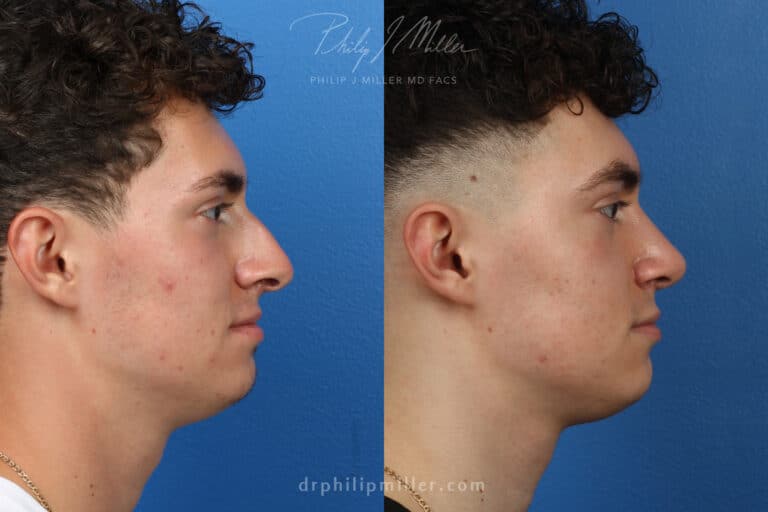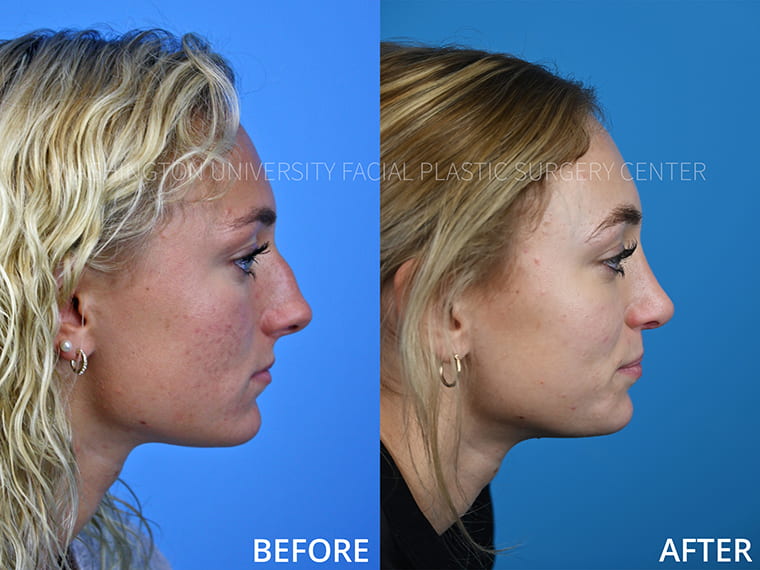Liposuction Bellevue: Sculpt Your Body with Leading Surgeons
Liposuction Bellevue: Sculpt Your Body with Leading Surgeons
Blog Article
A Deep Dive Into the Usual Validation for Looking For Plastic Surgery: Unpacking the Wish for Modification and Self-Improvement

Societal Pressures and Beauty Requirements
Regularly, societal pressures and dominating appeal requirements play a substantial role in individuals' decisions to seek plastic surgery (liposuction bellevue). In modern culture, graph heavily affects personal perceptions of attractiveness, often perpetuated by media, celebrity recommendations, and social systems. These channels frequently promote idyllic variations of charm, leading people to internalize these standards and review their self-respect against them

Additionally, these pressures are not limited to specific demographics; they influence people throughout various ages, sexes, and histories, highlighting the pervasive nature of beauty criteria. This widespread impact raises essential concerns about the values of cosmetic surgery and the effects of societal standards on specific options. Ultimately, recognizing these pressures is essential for fostering a much more inclusive meaning of appeal that commemorates variety.
Personal Experiences and Transformative Stories
Numerous people who undergo plastic surgery record transformative experiences that prolong beyond simple physical changes. For several, these procedures serve as a stimulant for improved self-esteem and a restored feeling of identification. Patients regularly define feeling liberated from enduring instabilities, leading to boosted confidence in both individual and professional realms.
Take, as an example, the tale of a girl who undertook breast enhancement after years of sensation uncomfortable about her appearance. Post-surgery, she reported not only a newfound convenience in her body however additionally a significant enhancement in her social life and career chances. In a similar way, a middle-aged man that chose to go through a facelift shared exactly how the treatment renewed his outlook on life, prompting him to pursue brand-new passions and partnerships.

Psychological Aspects Behind Aesthetic Surgery
Various emotional elements add to the choice to go through cosmetic surgical procedure, mirroring much deeper mental and psychological wellness considerations. Individuals often seek medical improvements as a way to resolve feelings of insufficiency, reduced self-worth, or dissatisfaction with their appearance. These psychological inspirations can be rooted in previous experiences, social contrasts, or personal ambitions.
Body picture distortion is a widespread concern, where people perceive their physical features in an exaggeratedly adverse light. This distortion can cause compulsive ideas regarding viewed problems, triggering the desire for medical change as a solution. In addition, the search of perfection and social stress can enhance these feelings, pushing people toward cosmetic procedures in hopes of attaining an idyllic version of themselves.
In addition, the principle of self-improvement plays an essential role. Several people check out cosmetic surgical procedure as a path to improve their high quality of life, believing that boosted look will lead to enhanced social approval, much better relationships, or improved profession opportunities. Inevitably, the mental elements behind cosmetic surgery emphasize the complicated interplay in between specific self-perception and outside impacts, exposing the multifaceted nature of the need for change.
The Duty of Media in Perception
In today's culture, media plays a pivotal role in shaping assumptions of charm and self-worth. With numerous platforms-- social networks, television, and marketing-- idyllic requirements of charm are commonly shared, influencing individual desires and self-image. These portrayals regularly highlight slim meanings of beauty, mostly including vibrant, slim, and electronically enhanced pictures, which can create impractical standards for people striving to adapt.
The effect of media is further worsened by the prevalent nature of social networks, where customers are pounded with curated material that highlights cosmetic enhancements, endorsing a culture of comparison. This continuous direct exposure can lead to sensations of insufficiency amongst customers, motivating them to consider plastic surgery as a method of attaining the perceived perfect. Research indicates that individuals who engage with these media representations are most likely to share frustration with their look, reinforcing the desire for surgical interventions.
Additionally, the normalization of cosmetic surgical procedure in media stories can desensitize target markets, mounting such procedures as commonplace and even required for social acceptance. Hence, the media's portrayal of appeal not just affects specific choices pertaining to cosmetic surgery but likewise adds to a wider social dialogue about self-regard and identification.
Moral Factors To Consider and Future Trends
In the middle of the expanding popularity of plastic surgery, ethical factors to consider bordering the method have become significantly noticeable. As the need for procedures climbs, so also do worries regarding informed authorization, the mental motivations of individuals, and the potential for exploitation by cosmetic surgeons. It is critical for professionals to guarantee that patients totally understand the threats and advantages, as well as the ramifications of their choices, to promote an accountable approach to aesthetic enhancements.
In addition, the impact of social networks and charm criteria increases Home Page inquiries about the influence on mental wellness, especially amongst susceptible populations. As recognition of body image problems expands, ethical method requires a careful examination of the motivations behind surgical treatments. Surgeons must stabilize patient wishes with moral responsibility, making sure that Check This Out choices are rooted in real self-improvement as opposed to societal stress.
Looking to the future, patterns may change towards non-invasive and technically progressed procedures, stressing client safety and security and fulfillment. In addition, the incorporation of mental evaluations can aid attend to underlying concerns before medical treatment. The cosmetic surgery field need to adjust to these honest difficulties while promoting a culture of transparency and self-acceptance, inevitably focusing on the well-being of clients.
Conclusion
Finally, the quest of plastic surgery is affected by a convergence of societal pressures, personal experiences, and mental elements. The desire for alignment with dominating appeal standards, coupled with the potential for transformative end results, emphasizes the complicated motivations driving individuals towards these treatments. Moreover, the function of media in shaping assumptions of charm can not be downplayed. As ethical factors to consider progress, future trends in cosmetic surgery will likely reflect continuous societal dialogues bordering self-improvement and specific identity.
Often, societal stress and prevailing appeal requirements play a significant function in individuals' decisions to go after cosmetic surgery. liposuction bellevue. Ultimately, these transformative tales highlight the multifaceted factors people look for cosmetic surgery, linking personal development with the search of aesthetic improvement
Numerous people check out cosmetic surgical treatment as a pathway to improve their high quality of life, thinking that improved look will lead to enhanced social acceptance, much better connections, or enhanced job chances. Inevitably, the psychological variables behind cosmetic surgery highlight the intricate interplay between individual self-perception and external impacts, exposing the diverse nature of the need for adjustment.
As ethical factors to consider develop, future trends in cosmetic check my reference surgical procedure will likely reflect ongoing societal dialogues bordering self-improvement and individual identity. liposuction bellevue.
Report this page